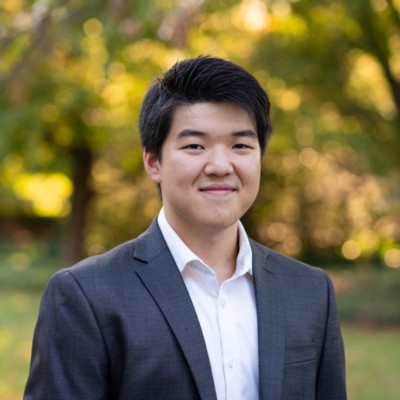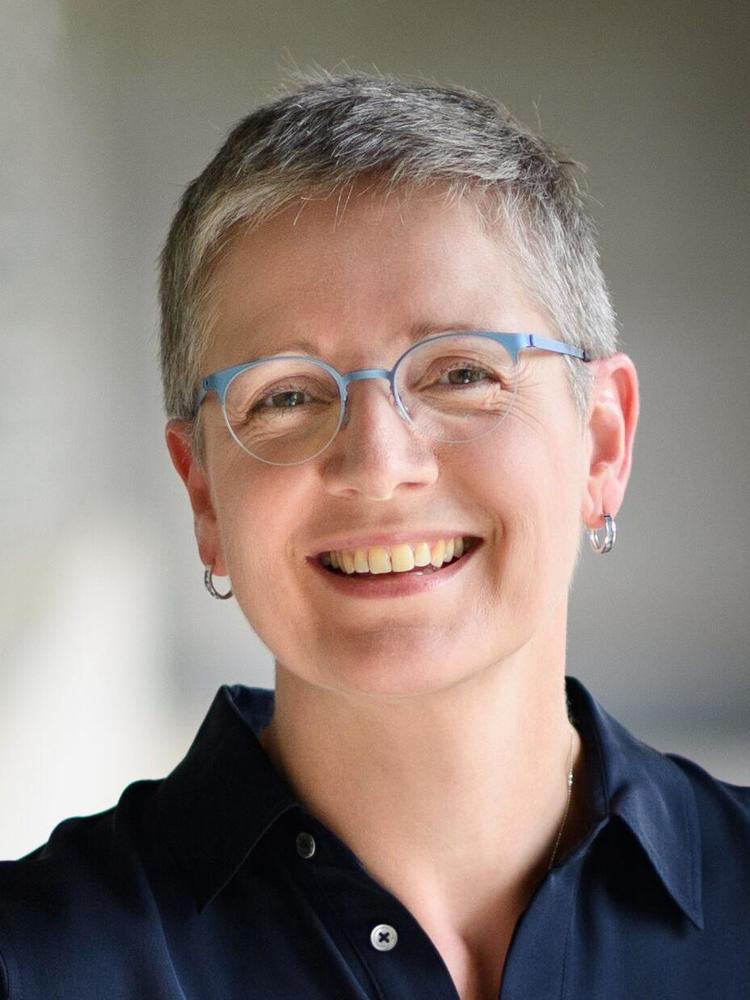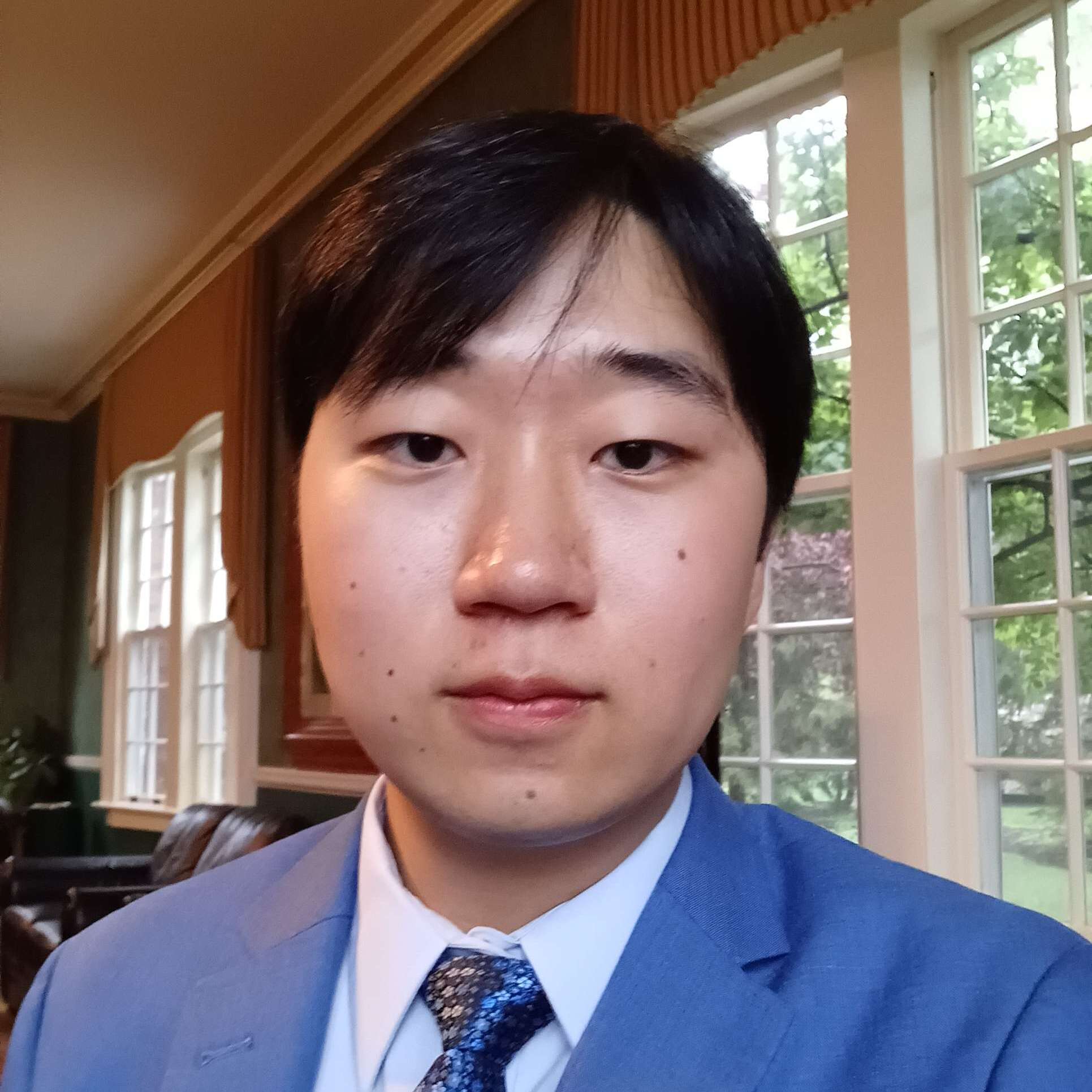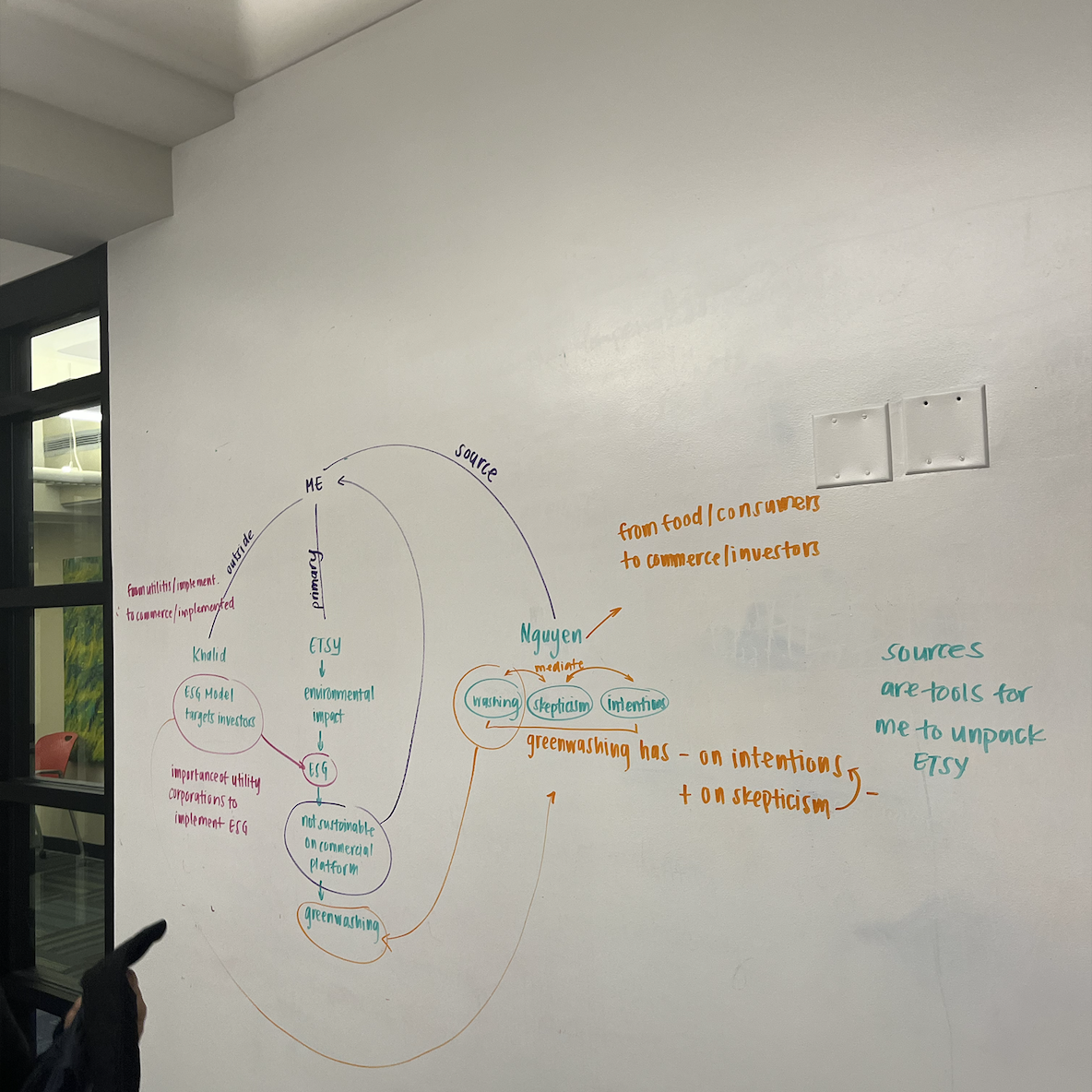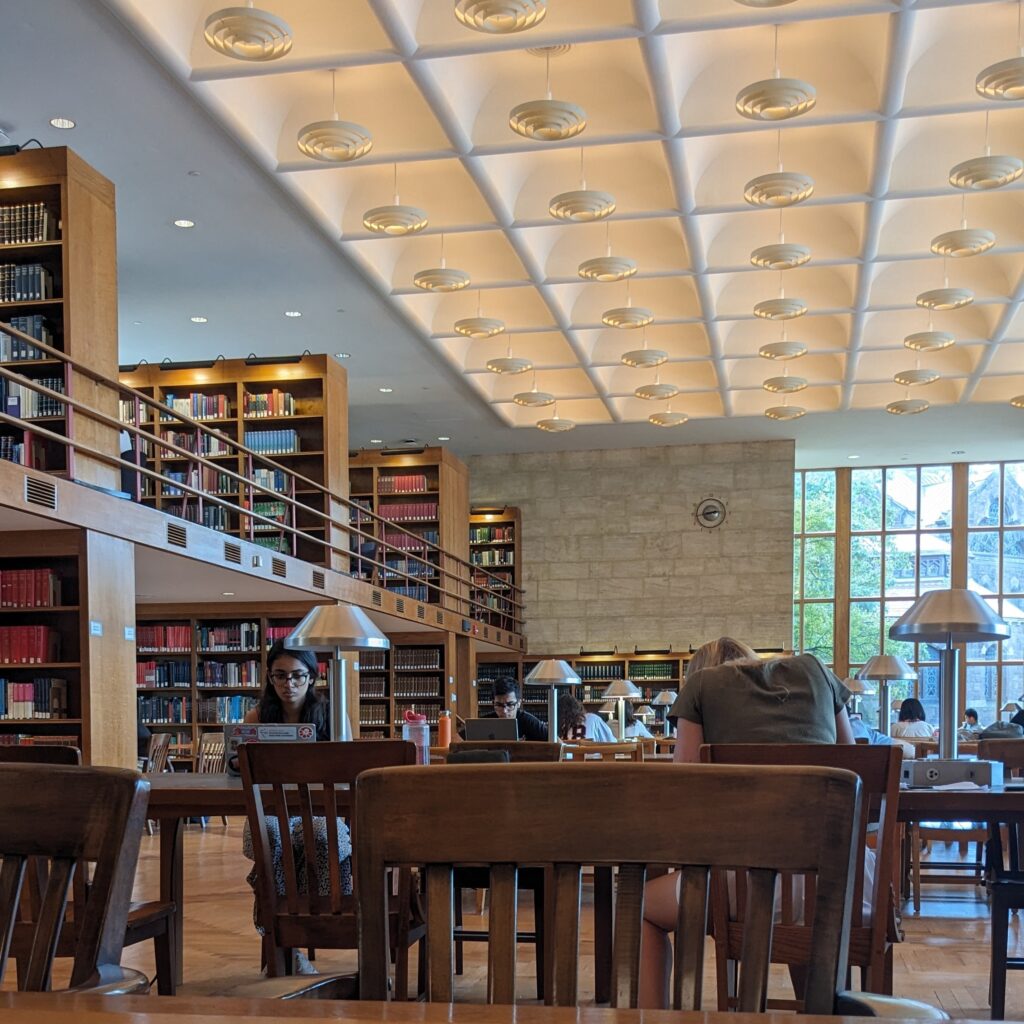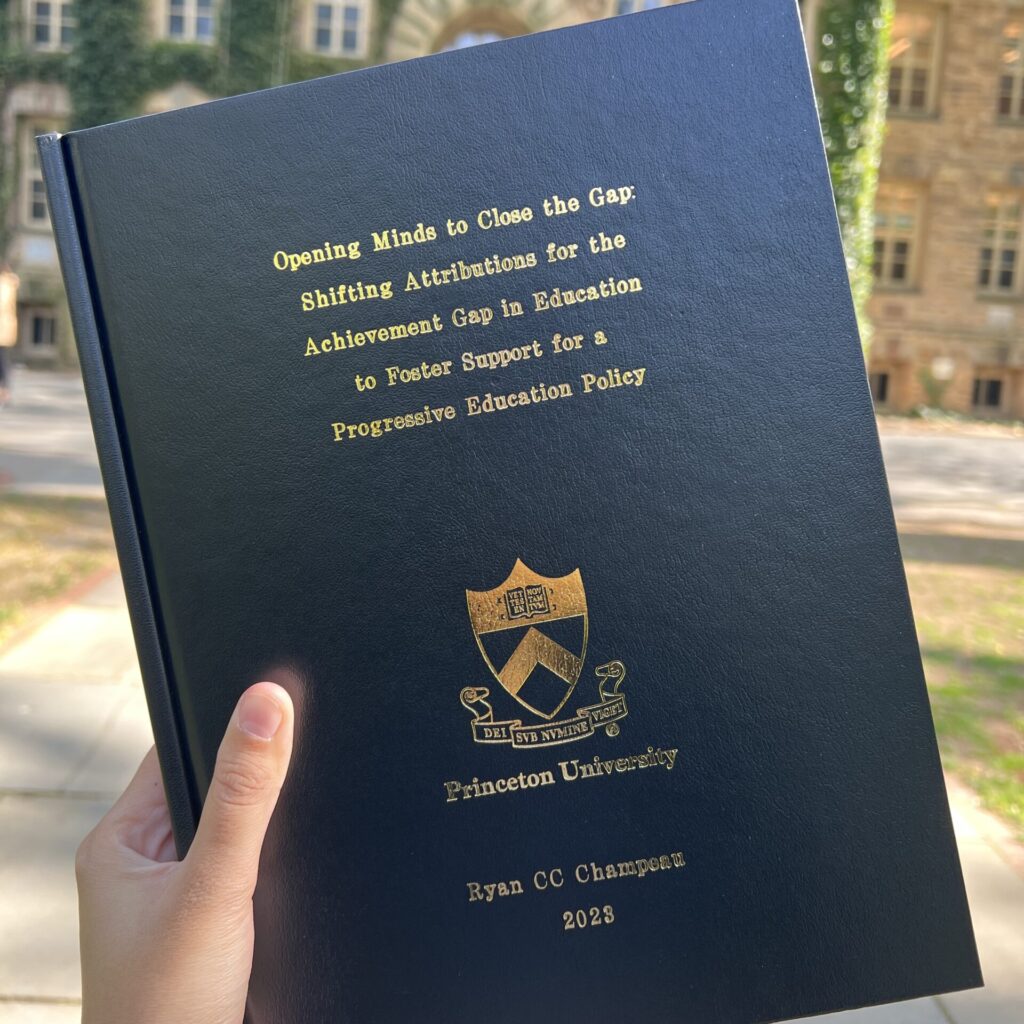Aristotle’s Metaphysics begin with an oft-quoted adage: πάντες ἄνθρωποι τοῦ εἰδέναι ὀρέγονται φύσει (Aristotle, Metaphysics A.1 980a). “All humans, by their nature, strive to understand.”
With some spare time over fall break, I decided to brush up on my Greek philosophy. My upcoming junior independent work will focus on Lucretius’ philosophical poem De Rerum Natura, and he engages with so many ideas from ancient Greek thinkers – Epicurus, Democritus, Plato, and Aristotle, to name a few – I thought it prudent to be familiar with them. Given that the very purpose of their works is to explain their ideas, I didn’t expect to run into serious trouble as I began reading them. Instead, as I started making my way through Aristotle’s Metaphysics and Plato’s Timaeus, I found myself entangled with ideas of identity, causation, and substance. My overwhelming reaction was… “wait, what?”
Continue reading The Role of Struggle in Research


